A New Game A few weeks ago, I came across an article in my news feed about OuLiPo that piqued my interest. I had never heard of the technique before, and I could easily imagine how the simple substitution method could be applied in a classroom scenario. When I was a Library Assistant at an elementary school, I was in charge of teaching "library" to Kindergarten children. One of the lessons I used during National Poetry Month (April) was a classroom version of MadLibs, where the students would come up with substitution words for a chosen poem. Once they had gathered the necessary number of words, I would read the original work and then read their "MadLibs" version, to sometimes hilarious results. It was a lot of fun and the kids would remember the exercise for a long time. I decided to try the n+7 OuLiPo exercise on a poem I wrote in elementary school. I must have been no more than 10 years old when I penned The Willow. Apparently, I've always been fascinated by Salix babylonica The Willow First Try I was excited to use my massive 1947 Webster's dictionary that I had purchased years ago at a flea market for $9. Imagine the possibilities with all those words! I decided to be stringent with the rules, and to also only count entries that actually had the "n." after them, because I quickly discovered many proper nouns were included as entries. I followed the suggested method below from poets.org: "Care is taken to ensure that the substitution is not just a compound derivative of the original, or shares a similar root, but a wholly different word. Results can vary widely depending on the version of the dictionary one uses." Here's what happened: The Willow Um...okay... "Le branchos"? Is it a hare? Is it a fish? I've never heard anyone use "breloque" in a sentence. I was a little disappointed with the outcome. Not gonna lie. But that's what I get for using a 70 year old dictionary. What did I think would happen? Second Try Not one to be deterred, I decided to try the exercise with another, newer (1995) dictionary that my children used in elementary school. Here is the result: The Willow All right. A bit funnier. It calls me back to my Medical Technology days with nouns like "B lymphocyte" and "trematodes". I was still a little disappointed with the results. Should I be disappointed? It's all about the process, right? I wonder how many poems and how many tries it would take to create something more palatable? I must also remember that I used a poem written by a 10 year old. Curated OuLiPo I knew the method must have resulted in some fabulous poems at some point, so I did a quick internet search and found a seemingly endless supply. Here is one I enjoyed: The extract, from Blake: They did the work so you don't have to. Isn't that better? There are many more examples, and I even found an online N+7 generator, but that seems like cheating.
I think this exercise is a valuable tool to help those struggling with creativity in writing, at least as a structured way to break out of a rut. It seems to me children would enjoy the safety of the set parameters at first, and then maybe veer off into more creative writing. It got me thinking about words in a different way and it made me use an actual dictionary, rather than searching online for a word. I will use this exercise again, whenever I am struggling with a writing rut. The spark has been lit!
0 Comments
Leave a Reply. |
About meI write novels and poetry and this blog. Categories
All
Archives
January 2022
|

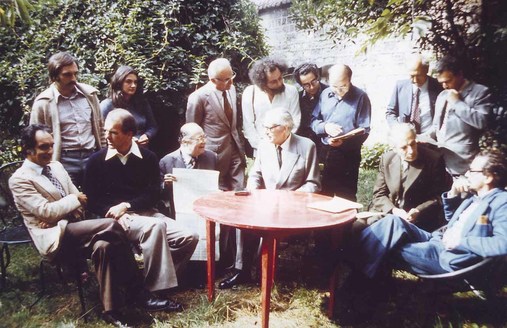
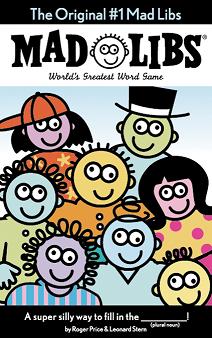
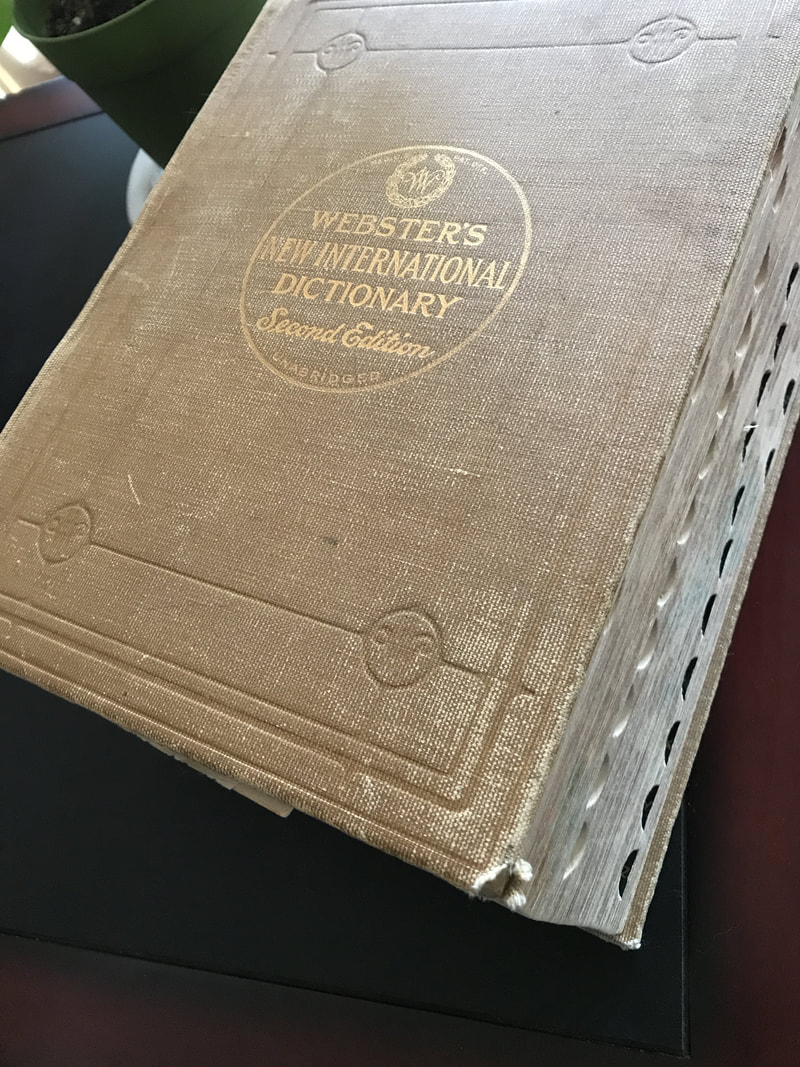
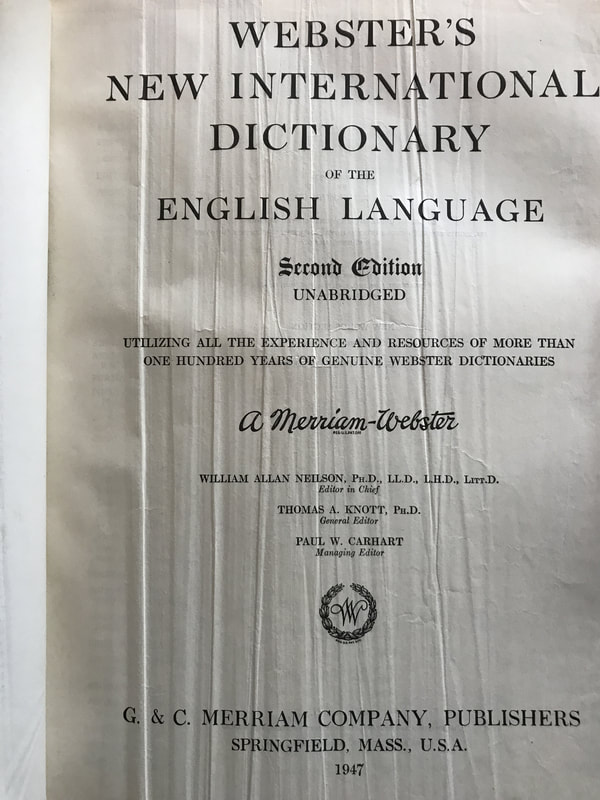

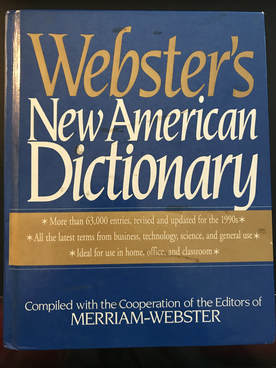
 RSS Feed
RSS Feed
